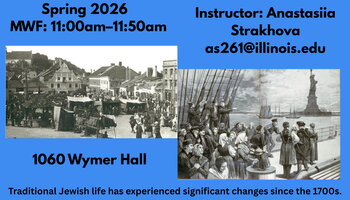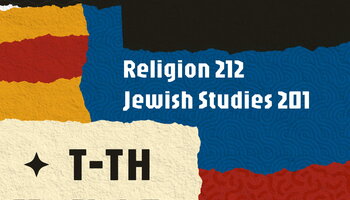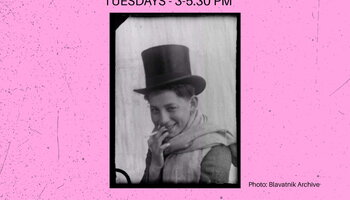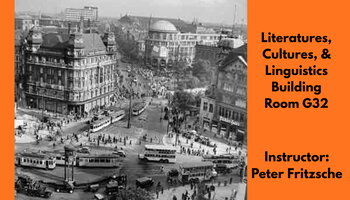Study Jewish Culture at Illinois
Jewish Studies events
Jewish Culture & Society News
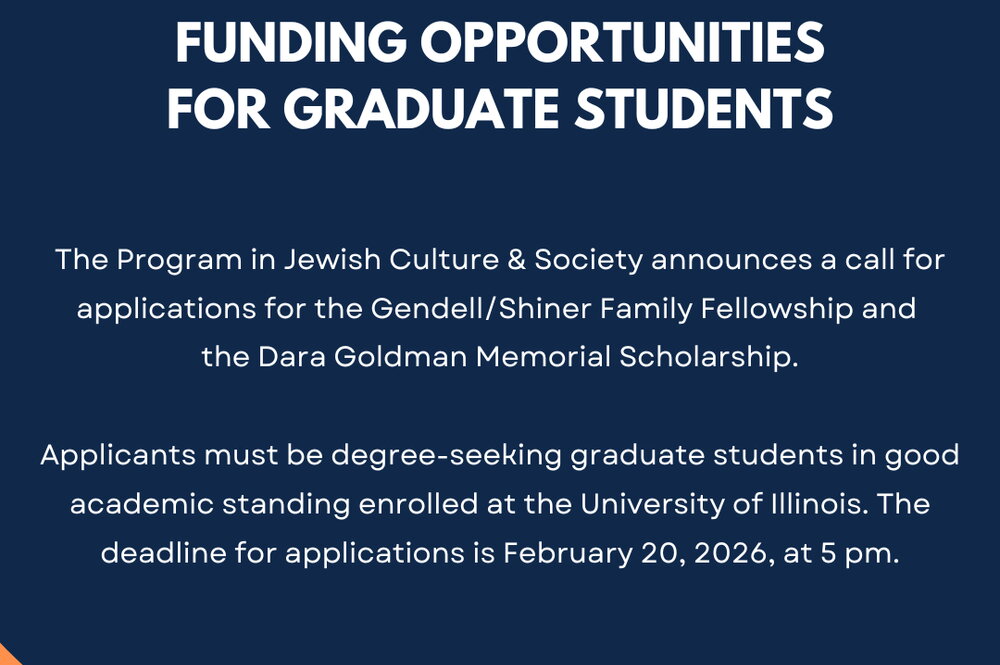
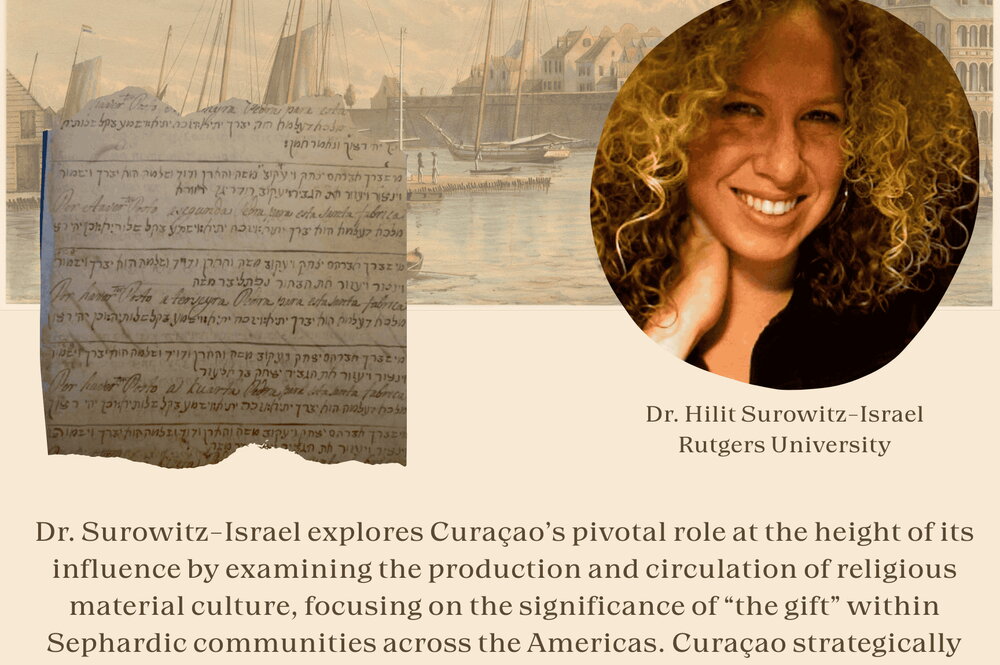
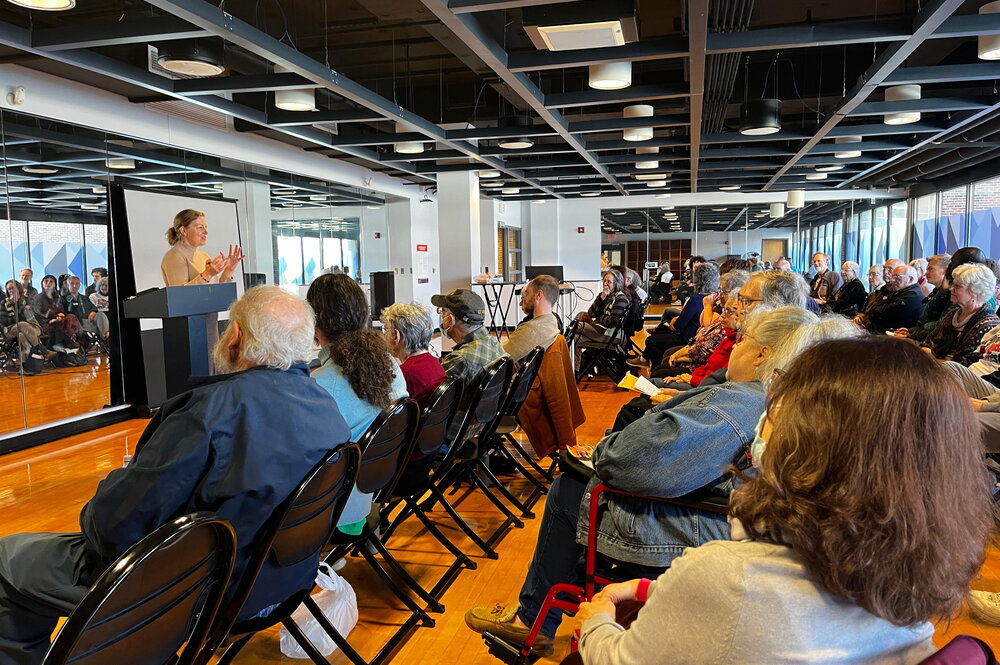
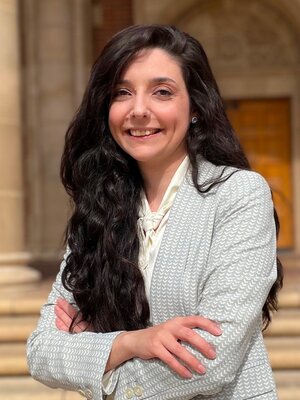
Alumni spotlight: Helen Makhdoumian
Helen Makhdoumian is a Promise Armenian Institute Postdoctoral Scholar at the University of California, Los Angeles, where, under the mentorship of Professor Michael Rothberg of the Department of Comparative Literature, she is working on her book manuscript tentatively titled “A Map of This Place: Nested Memory and the Afterlives of Removal.” This project stems from her dissertation, which was supported by several departmental, graduate college, and campus-wide fellowships from the University of Illinois, Urbana-Champaign and which won the American Comparative Literature Association’s Charles...
